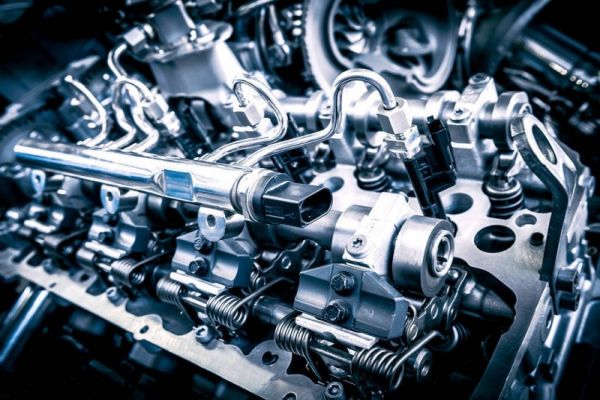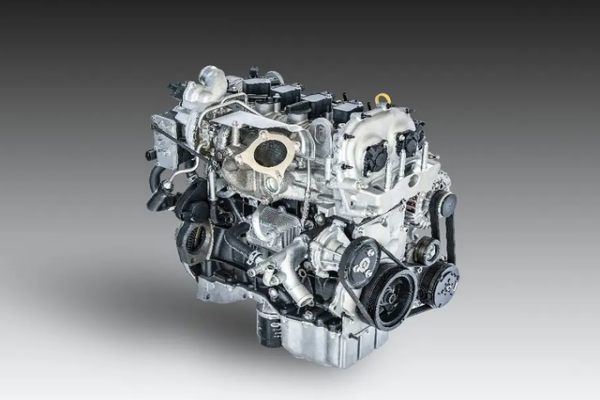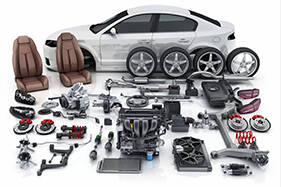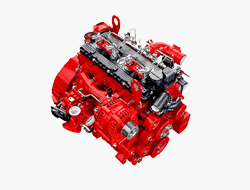Harnessing the Power of Hydrogen: Advancements in Fuel Cell Technology Revolutionize Bus Engines
Harnessing the Power of Hydrogen: Advancements in Fuel Cell Technology Revolutionize Bus Engines

In a remarkable fusion of science and engineering, researchers have unlocked the potential of hydrogen fuel cell technology to revolutionize bus engines, offering a zero-emission alternative to traditional fossil fuel-powered vehicles. With growing concerns about air quality and climate change, the development of hydrogen fuel cell buses represents a promising solution to reduce greenhouse gas emissions and dependence on finite resources.
Unlike conventional internal combustion engines, which rely on fossil fuels for propulsion, hydrogen fuel cells generate electricity through an electrochemical reaction between hydrogen and oxygen, producing only water vapor as a byproduct. This clean and renewable energy source enables hydrogen fuel cell buses to operate with zero tailpipe emissions, making them an environmentally friendly option for urban transit systems.
Recent advancements in fuel cell technology have significantly improved the efficiency, reliability, and affordability of hydrogen-powered bus engines. With innovations in fuel cell stack design, hydrogen storage systems, and infrastructure development, manufacturers are now able to produce buses that offer comparable performance to their diesel counterparts while delivering the added benefits of zero emissions and quieter operation.

The widespread adoption of hydrogen fuel cell buses has the potential to transform urban transportation networks, offering a sustainable and scalable solution to reduce air pollution and mitigate the impacts of climate change. By harnessing the power of hydrogen as a clean energy carrier, cities can transition towards a more sustainable mobility future, ensuring cleaner air and healthier communities for generations to come.
Related Products
Related News
-
 King Long’s Year of the Dragon Spring Festival Themed Buses Officially Launched2024-02-19
King Long’s Year of the Dragon Spring Festival Themed Buses Officially Launched2024-02-19 -
 Zhongtong Pure Electric Bus Launched In Benxi2024-02-22
Zhongtong Pure Electric Bus Launched In Benxi2024-02-22 -
 Looking Back At The Stories Of Ankai Bus In 20232024-02-26
Looking Back At The Stories Of Ankai Bus In 20232024-02-26 -
 Golden Dragon Travel Buses With More Customized Features to Arrive in Zimbabwe for Operation2024-02-29
Golden Dragon Travel Buses With More Customized Features to Arrive in Zimbabwe for Operation2024-02-29






